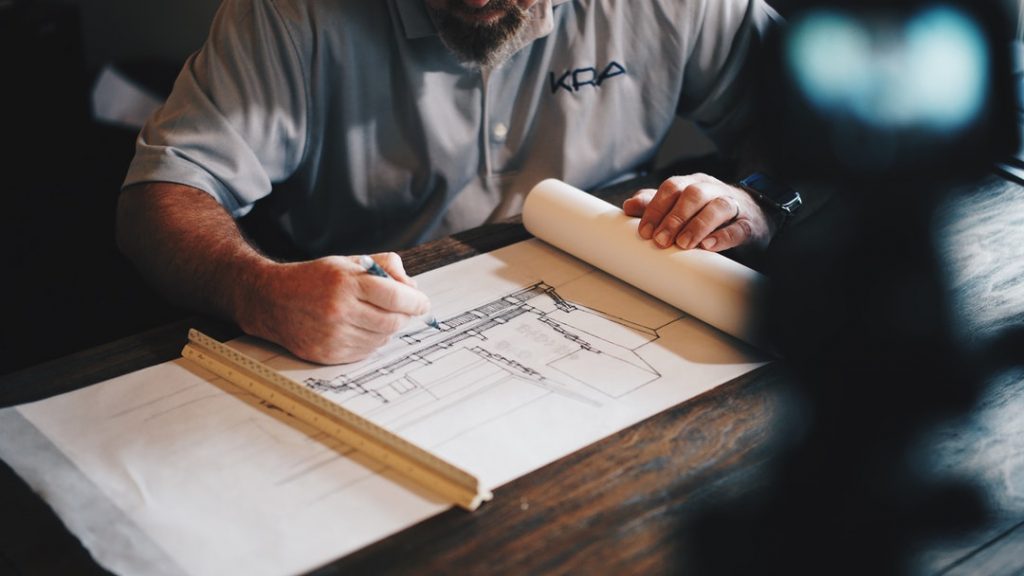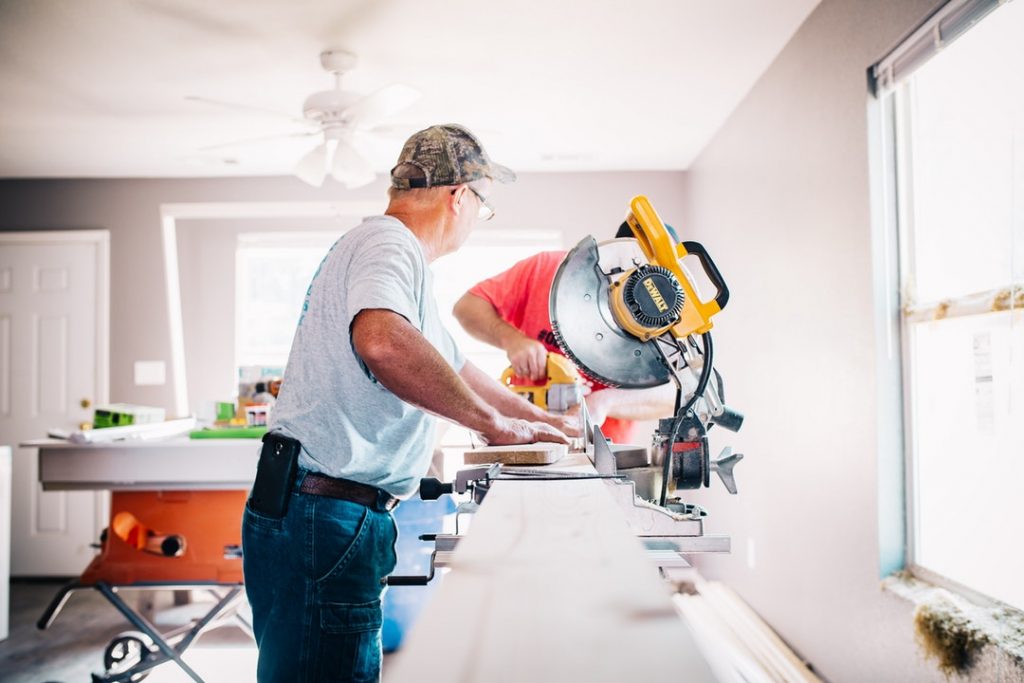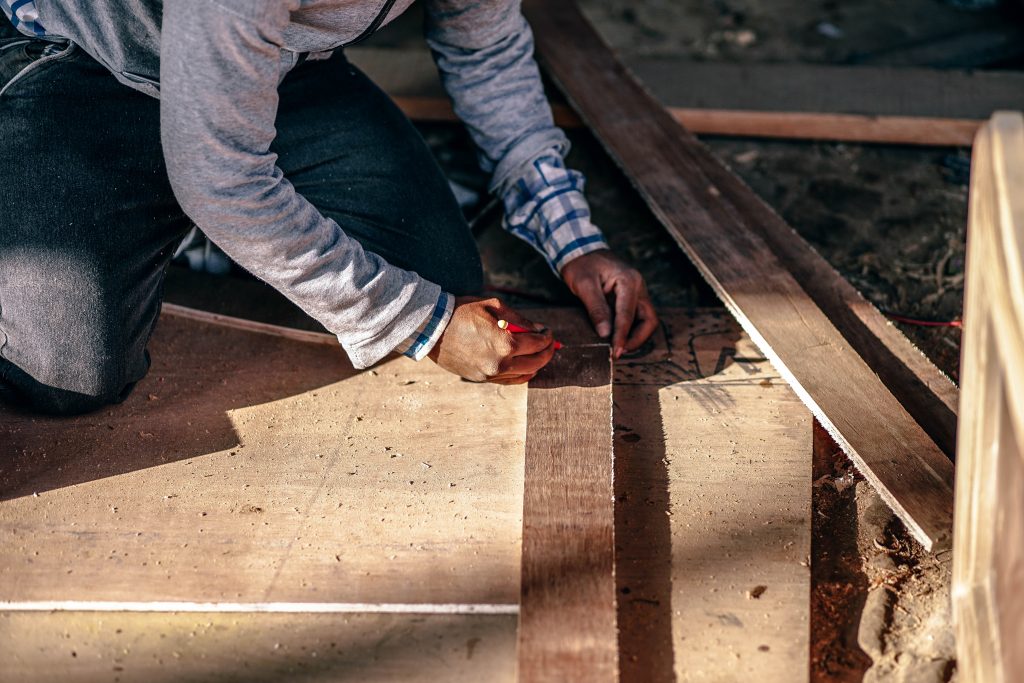Expert recommendations for first-time investors.
December 14, 2017 / Written by Thirst Creative
By Rich Harvey, Managing Director and Founder propertybuyer
22 people made it onto the Forbes Billionaires’ List for the first time this year thanks to their real estate holdings, so it’s no secret that there’s money to be made here.
The flip side is that property investment also comes with a significant amount of risk, so it’s really critical to ensure that you are up the learning curve before you jump in.
Property investment strategies vary according to each unique situation and include buy and hold, negative gearing, positive cash flow, granny flat, dual living, short-term renting (Airbnb), subdividing, development options, joint ventures and manufacturing equity through renovations - just to name a few.
But don’t feel overwhelmed, every successful investor you can think of started out exactly where you are right now: thinking about buying their first investment property.
Here’s some expert advice for those new to investing.

Start with a clear strategy:
An investment strategy isn’t something you pick up as you go along. Before you begin you need to have thought through your own strategy very carefully, and it should take into account all the variables in your unique situation, as well as your specific requirements, strengths and weaknesses.
For example, how much capital do you have, how much time can you spare, how many overheads do you currently have, how is your lifestyle going to change in the next 20 years, how far afield are you prepared to look, can you wait 5 years before you start seeing returns, and so on.
Remember that property is a get-rich-slow scheme and you need to be prepared (mentally and financially) to be patient and play the long game.

Set realistic goals:
Many over-eager first-time investors find themselves in a position where they’re forced to sell quickly because they’ve overextended financially. You need to make sure this doesn’t happen.
If the property stands empty due to unforeseen circumstances, how many months can you manage the repayments? If your renovations take longer than expected, or the property does not sell quickly, can you shoulder the costs in the interim?
Hurdles like these occur very frequently and so ensuring that you’ve planned for every eventuality and have a contingency plan is key.
Build a group of partners you can trust:
Unless you’re an accountant with a law degree, a masters in tax, experience as an agent, a keen interest in global property markets and a DIY expert on the weekends, you’re going to need professional help.
Finding a dependable team of experts is key to maximising profits and saving yourself a lot of grey hair in the process. Connect with your network and build up a list of people you can depend on.

Have a Plan B:
Property investment is a game laden with risk and every new opportunity will come with a fair share of unexpected twists and turns.
For every investment opportunity you consider, you should also have a viable and realistic second option.

Educate Yourself:
When you start investing, you’ll get your education one way or another.
Either it’ll be in a formal environment (through mentors, agents, books, courses or seminars), or it’ll happen by making your own mistakes. Needless to say, the more cost-effective option is to invest in your property investment education first.
Rental Yield or Capital Growth?
It’s important to understand what your goals and objectives are before determining the mix of growth versus yield.
If you focus primarily on growth, there a risk that you may not be able to sustain the servicing of the property which could then result in a rushed sale that costs you dearly. On the other hand, a property that has no growth will prove to be a wasted exercise in the long run.
Overall, it’s the capital growth compounding year-on-year whereby you will see your wealth increase but ideally, it’s best to have a mix of growth properties and high yielding properties that can both sustain and grow property portfolio simultaneously. The key is finding the perfect balance.

Become tax-efficient:
When dealing with big assets like property, you really need to be aware of your tax options. Even paying half a percent more than you have to will end up being very significant as your portfolio grows.
We recommend speaking to tax advisor who specialises in property investment. They’ll be able to lay out the best options for buying a property and how you can save tax on your rental income.
Diversify:
Anyone who has ever invested in shares knows that you should diversify your portfolio so that the risk is spread.
The same is true for property investments. When building a healthy portfolio you should aim to spread investments across different property types in different areas to minimise your risk.
Get a building inspection:
It may be tempting, but don’t skip this important step. Before signing a contract you need to take the time to understand the building inspection report to avoid expensive repairs in the future.
When your budget is stretched to the max with renovation costs, water rates, council rates and all the other monthly expenses, the last thing you need is another costly surprise.

Have a little faith:
There will always be bad news about the property market or the economy, but you can take comfort in the fact that, on balance, property markets have remained resilient. According to Shane Oliver, chief economist at AMP, the average annual return on Australian property (11% pa) has been double that of Australian bonds (6% pa) over the last 113 years.
There have been some bumps in the road, but over a century of historical data suggests that if you have the patience then property is and always has been a solid investment.
As property investment Matt Corbett says, “Remember it’s not only the timing of the market but the time in the market. Buy well and buy right first and foremost; then sit tight and reap the rewards. Don’t make the mistake of buying a lemon as it will slow you down considerably or possibly even send you back to where you started.













































.svg)
.svg)
.svg)



